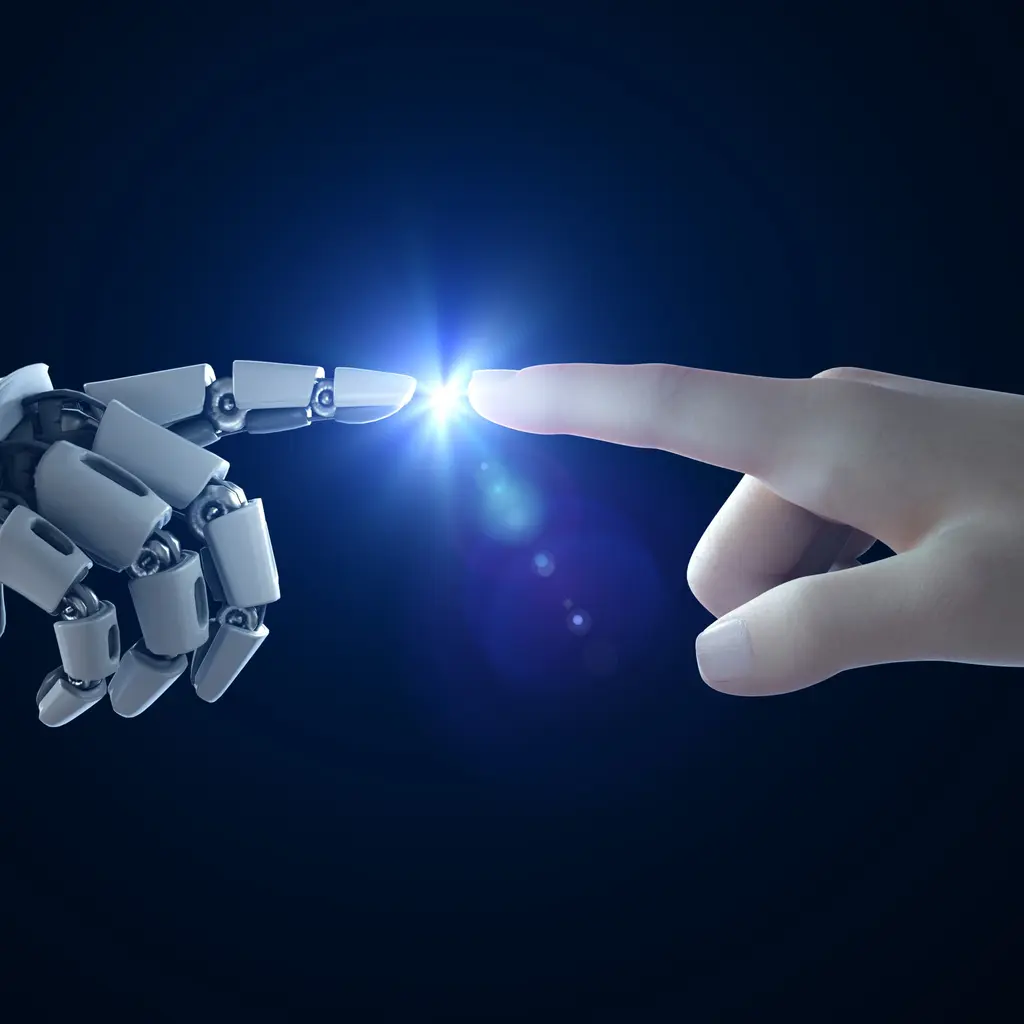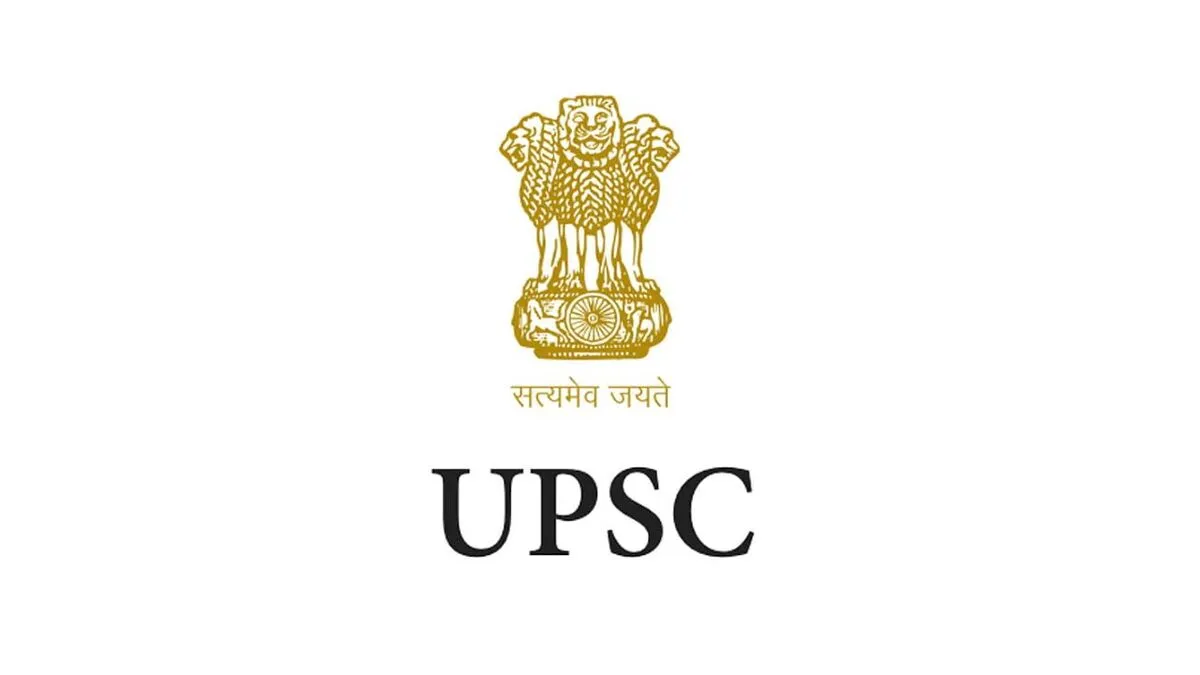
Table of Contents
Introduction
Artificial Intelligence (AI) has emerged as a transformative technology, revolutionizing various aspects of our lives in the 21st century. From self-driving cars to personalized recommendations on streaming platforms, AI has become an integral part of our daily routines. In this in-depth analysis, we will explore the potential of AI and its profound impact on society, focusing on key areas like healthcare, education, economy, and ethics. This article aims to provide a comprehensive understanding of AI for aspirants appearing in the UPSC Mains Exam.
Unleashing the Potential of AI
Artificial Intelligence refers to the simulation of human intelligence in machines that are programmed to think, reason, learn, and problem-solve. The potential of AI is vast, with countless possibilities for transforming industries and improving human lives. Let’s delve into some of the significant areas where AI is making a difference.
AI in Healthcare: Revolutionizing Patient Care
AI has the potential to revolutionize healthcare by enhancing diagnostics, treatment, and patient care. With the ability to analyze vast amounts of medical data, AI algorithms can assist in the early detection of diseases, predict patient outcomes, and recommend personalized treatment plans. For instance, AI-powered imaging technologies can aid in the early detection of cancer, leading to higher survival rates. Additionally, virtual assistants and chatbots equipped with AI can provide 24/7 support to patients, answering their queries and offering guidance.
AI in Education: Transforming Learning Experiences
In the realm of education, AI is transforming traditional classrooms into interactive learning spaces. Intelligent tutoring systems powered by AI algorithms can adapt to students’ individual learning styles and pace, providing personalized guidance and feedback. AI can also automate administrative tasks, such as grading and scheduling, allowing teachers to focus more on student engagement and instructional activities. Furthermore, AI-enabled language translation tools facilitate cross-cultural communication and collaboration among students from diverse backgrounds.
AI in Economy: Driving Innovation and Efficiency
The integration of AI into the economy has the potential to drive innovation, increase productivity, and enhance efficiency across various sectors. AI-powered automation can streamline complex processes, reducing human error and improving operational efficiency. In the financial industry, AI algorithms can analyze vast amounts of financial data to detect patterns, identify investment opportunities, and minimize risks. Moreover, AI-powered customer service chatbots can enhance user experience, provide instant support, and improve customer satisfaction.
AI and Ethics: Addressing the Challenges
While AI brings tremendous benefits, it also poses ethical challenges that need careful consideration. One major concern is the potential bias in AI algorithms due to biased training data or flawed decision-making processes. For instance, facial recognition algorithms have been shown to exhibit racial biases, leading to unfair treatment. It is crucial to ensure transparency, fairness, and accountability in the development and deployment of AI systems. Additionally, ethical frameworks and regulations must be established to address privacy concerns, data security, and the responsible use of AI.
Frequently Asked Questions (FAQs)
Q: How is AI transforming the healthcare industry?
A: AI is transforming the healthcare industry by enhancing diagnostics, predicting patient outcomes, and providing personalized treatment plans. It can analyze large amounts of medical data to aid in disease detection, assist in surgical procedures, and offer 24/7 patient support through virtual assistants and chatbots.
Q: What role does AI play in education?
A: AI plays a significant role in education by transforming traditional classrooms into interactive learning spaces. Intelligent tutoring systems adapt to students’ learning styles, provide personalized guidance, and automate administrative tasks such as grading. AI also facilitates cross-cultural communication and collaboration among students.
Q: How does AI contribute to the economy?
A: AI contributes to the economy by driving innovation, increasing productivity, and enhancing efficiency across sectors. It streamlines processes through automation, analyzes financial data for investment opportunities, and improves customer service through chatbots. AI also creates new job opportunities in AI development and related fields.
Q: What are the ethical concerns surrounding AI?
A: Ethical concerns surrounding AI include potential biases in algorithms, privacy concerns, data security, and responsible use. Biased algorithms can lead to unfair treatment, and privacy breaches can occur if AI systems mishandle sensitive data. Establishing transparent, fair, and accountable practices is essential for ethical AI development.
Q: How can society address the ethical challenges of AI?
A: Society can address the ethical challenges of AI by establishing transparent frameworks and regulations. Ethical guidelines should be implemented to ensure fairness, accountability, and privacy protection. Collaboration between policymakers, industry experts, and researchers is crucial in shaping responsible AI practices.
Q: What is the future of AI?
A: The future of AI is promising, with continuous advancements in technology. AI will likely become more integrated into various industries, enhancing automation, decision-making processes, and improving human lives. However, ethical considerations, responsible development, and public awareness will play vital roles in shaping the future of AI.
Conclusion
Artificial Intelligence has the potential to transform society across multiple domains. From revolutionizing healthcare and education to driving economic growth and innovation, AI offers a plethora of opportunities. However, it is essential to address the ethical challenges and ensure responsible development and deployment of AI systems. As the world progresses into the 21st century, embracing AI’s potential while safeguarding ethical principles will pave the way for a brighter future.
GET MORE INFO- UPSC Success Zone: How to Crack the Exam for Free and Secure Your Dream Career!











